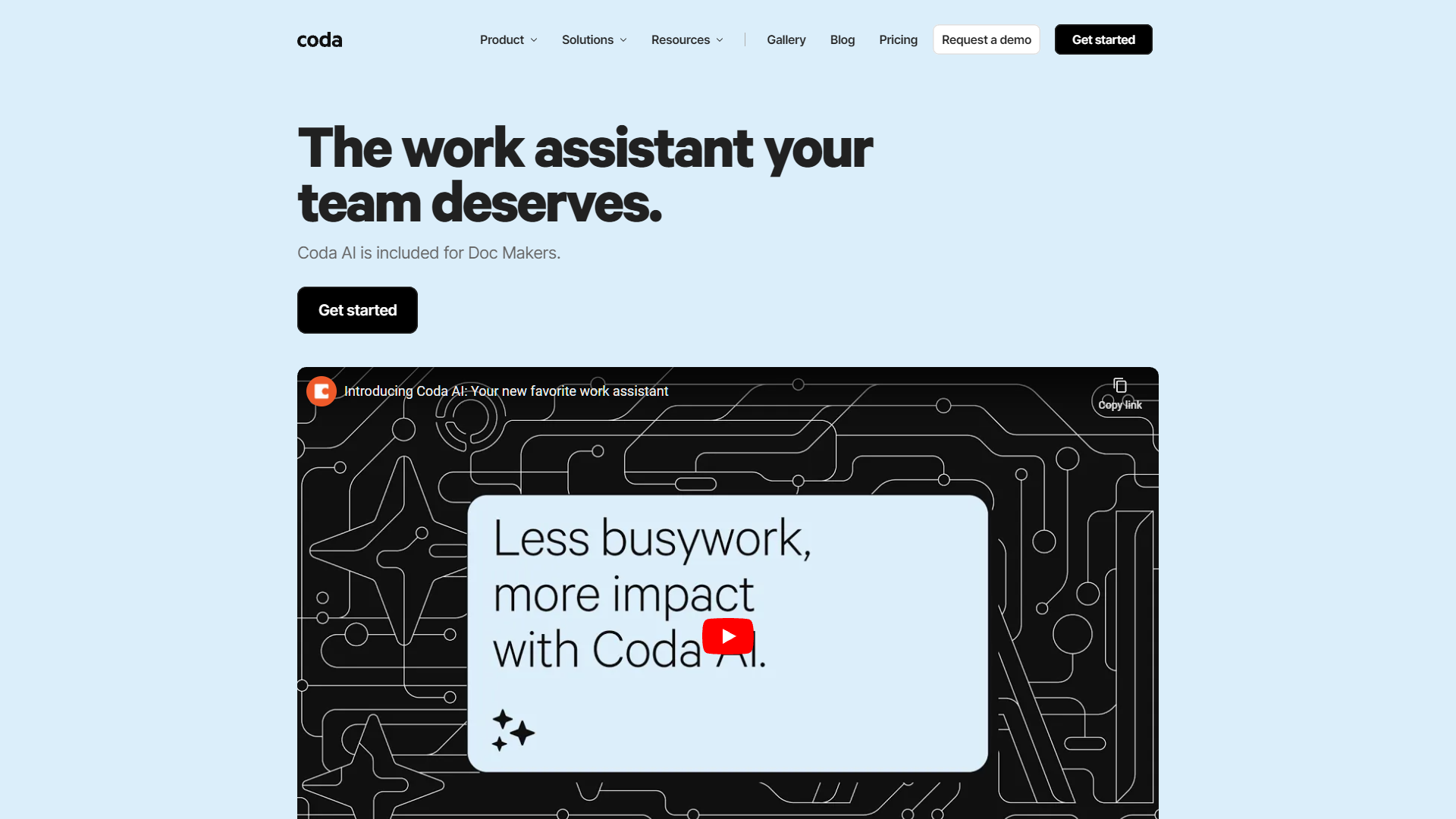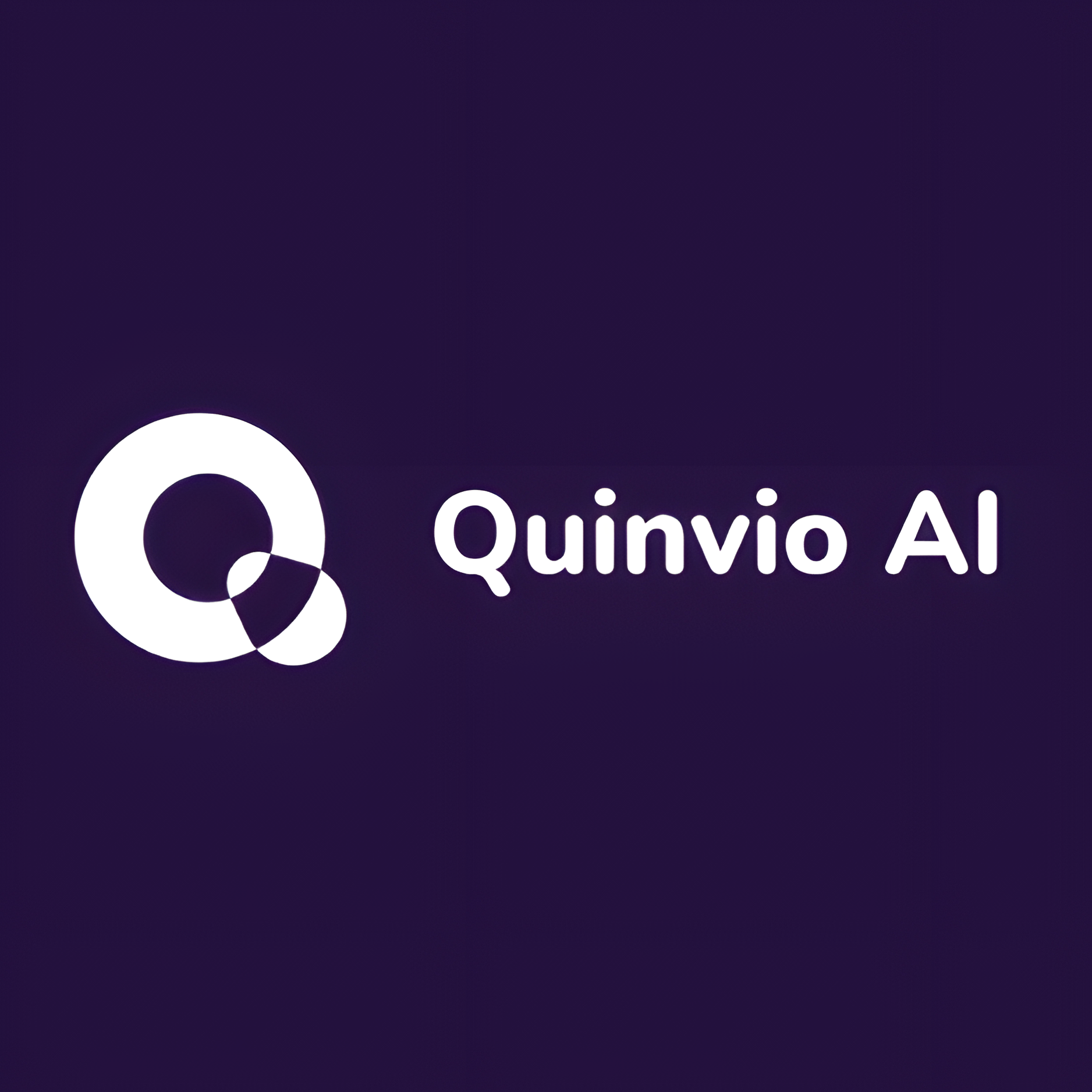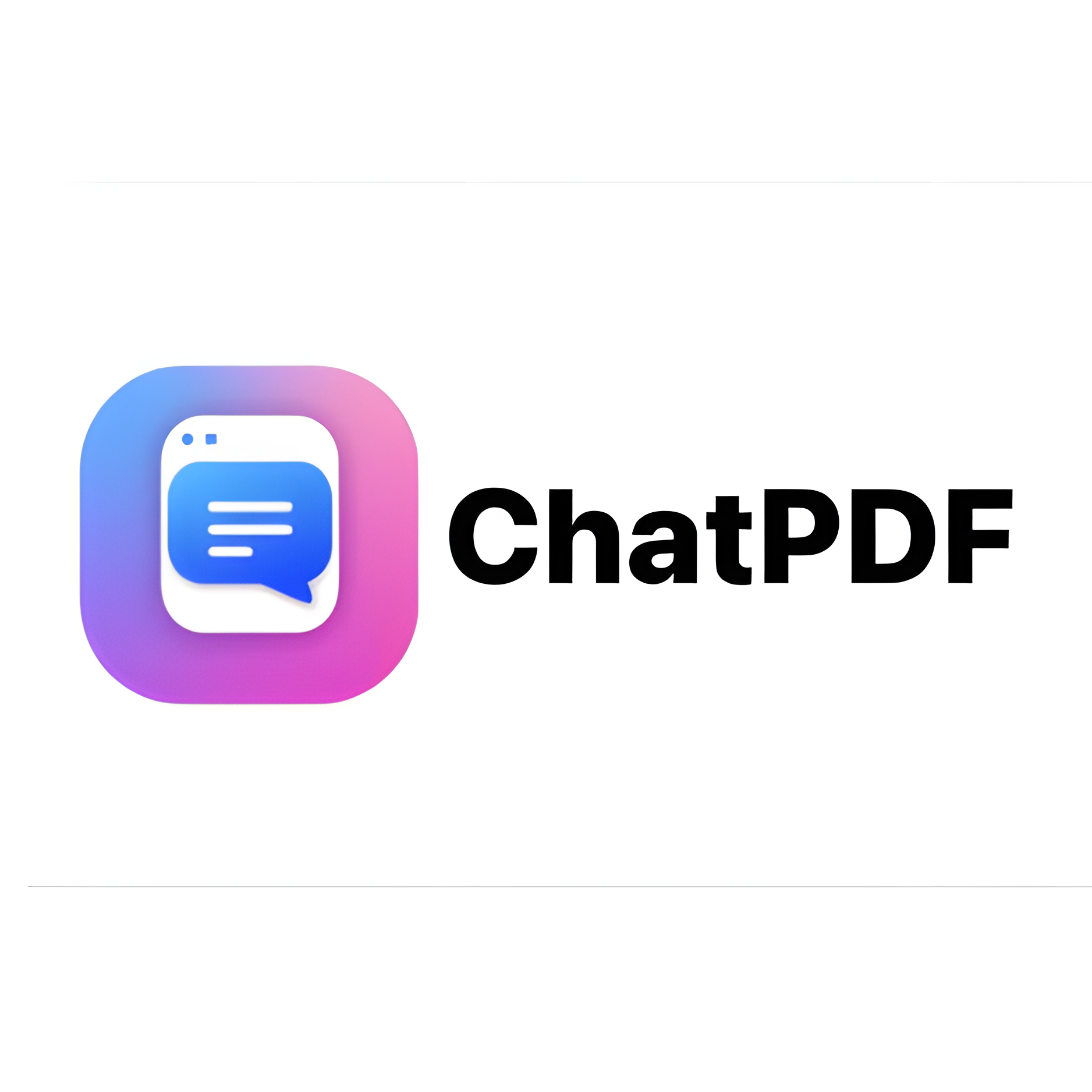Overview
Coda is an innovative tool designed to transform the way teams collaborate and manage projects through its unique document-centric approach. Unlike traditional document and spreadsheet applications, Coda integrates text, spreadsheets, and various other data functionalities into a single, dynamic document. This integration allows users to craft documents that are as powerful as apps, enabling them to plan, track, and analyze data in real-time.
The standout feature of Coda is its AI capabilities, which assist users in automating repetitive tasks, extracting insights, and generating content efficiently. With Coda's AI, teams can streamline workflows, enhance decision-making, and boost productivity by reducing the manual effort typically involved in data handling and analysis. The platform's user-friendly interface and customizable templates make it accessible for users of all skill levels, from project managers and software developers to marketers and HR professionals.
Coda's flexibility and versatility make it an essential tool for any team looking to optimize their operations and drive project success through enhanced collaboration and intelligent automation. Whether you're managing complex projects, organizing company resources, or tracking budgets, Coda provides a comprehensive solution that adapplies seamlessly to a wide range of business needs.
Key features
- AI-powered automation: Automate repetitive tasks with AI, enhancing productivity and allowing more focus on strategic work.
- Real-time collaboration: Multiple users can work simultaneously on documents, ensuring efficient teamwork and instant updates.
- Customizable templates: Offers a variety of templates that can be tailored to fit any project or workflow needs.
- Integrative capabilities: Seamlessly integrates with other tools like Slack, Gmail, and more, centralizing workflow in one platform.
- Interactive data visualization: Create dynamic charts and graphs to visualize data effectively, aiding in better decision-making.
- Extensive API support: Provides robust API options to customize and extend functionalities, catering to specific business requirements.
 Pros
Pros
- Scalable infrastructure: Easily scales to accommodate growing data needs and user numbers, ensuring consistent performance across all levels.
- Enhanced security features: Provides advanced security protocols to protect sensitive information and ensure compliance with global standards.
- Comprehensive analytics: Offers in-depth analytics tools to track performance, user engagement, and operational efficiency.
- Mobile compatibility: Fully optimized for mobile devices, allowing users to access and manage tasks effectively from anywhere.
- Continuous updates: Regularly updated with the latest features and improvements to stay ahead in rapidly evolving technological landscapes.
 Cons
Cons
- Steep learning curve: New users may find Coda's interface and features complex, requiring significant time to become proficient.
- Limited offline capabilities: Coda relies heavily on internet connectivity, which can be a drawback in areas with poor connection.
- Performance issues: With large datasets or complex documents, users might experience slowdowns or lag in processing.
- Cost barrier for teams: Coda's pricing model can become expensive as team size and feature requirements grow.















